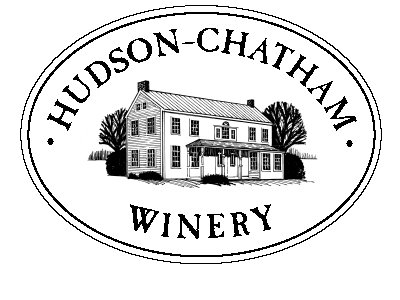
Planning is underway for the 2009 New York State Maple Producers Winter Conference
A grower-focused 2009 NYS Maple Conference will provide practical and hands-on information for maple producers to build into existing and expanding operations.
January 9th and 10th, 2009
Mark your calendar now to attend the 2009 New York State Maple Producers Winter Conference. Schedule these dates in your planner or in your computer or maybe even in your head but be sure you set aside January 9th and 10th to get together with lots of other maple producers. The 2009 Maple Conference will be held in the same great location, the Vernon-Verona-Sherrill High School in Verona, New York on Friday evening January 9th and all day Saturday, January 10th. This central location provides plenty of meeting space as well as room for a large trade show with over 25 exhibitors displaying plenty of specialized equipment for meeting maple producer needs. With our new slightly more relaxed session schedule you will have access the latest in research and grower experiences regarding maple production, promotion, forest management and the making and marketing of a variety of maple products. This day-and-a-half event has something for every level of maple producer. A maple conference you will not want to miss.
The conference kicks off Friday evening with a featured speaker at 7:00 PM and industry trade show highlighting maple equipment, manufacturers, and vendors scheduled from 6:00 PM until 9:00 PM. Saturday’s program features 30 of the industry’s leading maple experts from throughout North America and Canada presenting in a variety of concurrent workshops. These workshops focus on several major areas of emphasis: beginning sugarmakers, new and advanced technologies, marketing, promotion, value-added products, maple tapping, tubing, vacuum, and forest management.
The conference is open to the general public, as well as maple producers, and is geared to all levels of sugar makers. Saturday’s trade show opens at 8:00 AM with workshops starting at 9:00AM. Held at the Vernon-Verona-Sherrill (V.V.S.) High School, Verona, New York, the conference is sponsored by the V.V.S. FFA, New York State Maple Producers Association and the Cornell Maple Program and Cornell Cooperative Extension. The V.V.S. High School is located between Utica and Syracuse, New York on State Route 31 just two minutes from NYS Thruway Exit 33.
Keith Schiebel -
Stephen Childs - slc18@cornell.edu

 Pure maple syrup is all-natural, it contains no additives or preservatives, and it can be produced sustainably, organically, domestically, and by using environmentally sound practices.
Pure maple syrup is all-natural, it contains no additives or preservatives, and it can be produced sustainably, organically, domestically, and by using environmentally sound practices.



